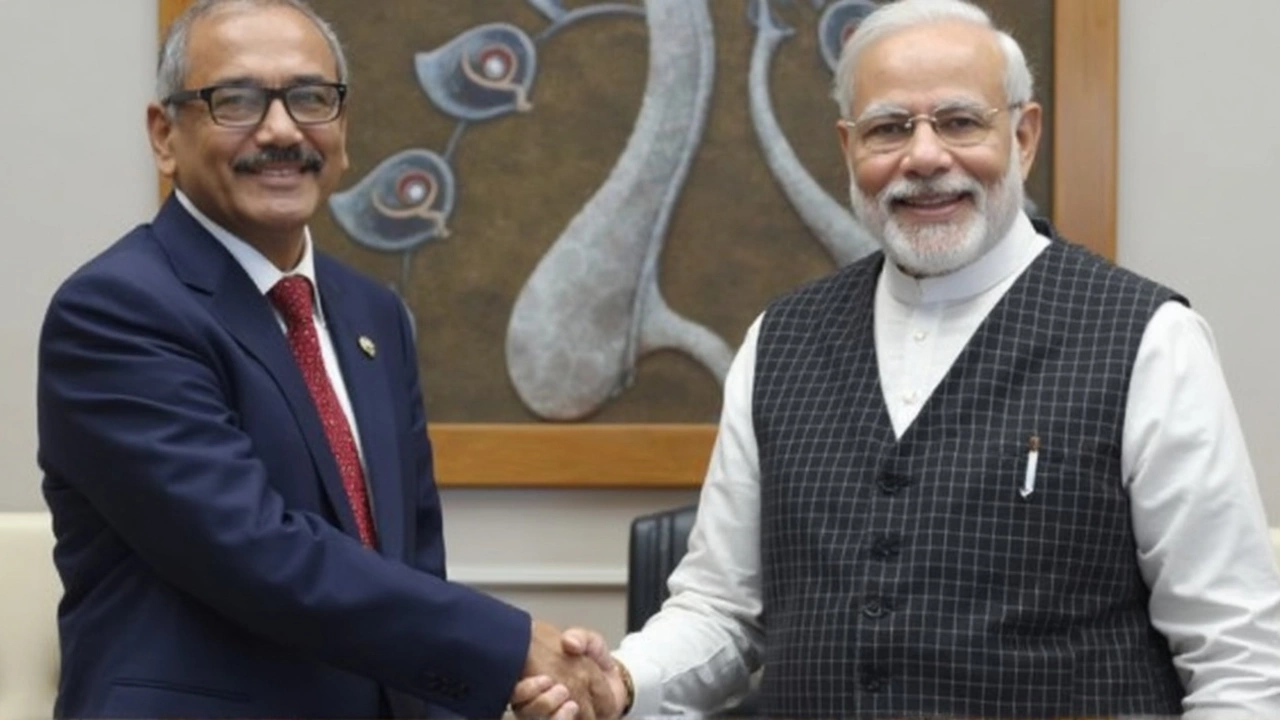Foreign Ties: Boosting Indian Startups with Global Connections
India’s startup scene is buzzing, but the real growth engine is often a link to the outside world. When a home‑grown company gets foreign money, tech, or market access, the whole ecosystem feels the lift. That’s why we keep a close eye on foreign ties – they’re the shortcuts that turn a good idea into a global player.
Whether it’s a Silicon Valley VC backing a fintech or a European firm co‑developing AI tools, each cross‑border move adds a new layer of credibility and resources. For founders, the challenge is not just to attract attention, but to turn that attention into real, lasting partnerships.
Why Foreign Ties Matter for Indian Startups
First off, foreign capital usually comes with more than cash. Investors bring mentors, industry contacts, and a track record that can open doors in other markets. That means a startup can skip the early‑stage headache of finding distributors or regulators abroad.
Second, market expansion becomes a lot easier. A partnership with a local player in Southeast Asia, for example, can provide immediate shelf space, language support, and cultural insight. That speeds up the launch timeline and cuts down on trial‑and‑error.
Third, technology sharing is a hidden gem. Many foreign firms own patents or platforms that Indian startups can integrate, giving them a competitive edge without starting from scratch. This kind of know‑how swap often leads to faster product cycles and better user experiences.
How to Secure and Grow International Partnerships
Start by polishing your pitch for an overseas audience. International investors care about numbers, but they also want to see a clear path to global relevance. Highlight any existing traction, local partnerships, and how your solution solves a problem that’s not limited to India.
Next, attend global conferences and webinars. Even virtual events let you meet the right people and showcase your product. A quick follow‑up email with a one‑pager can turn a casual chat into a serious talk.
Don’t forget to align with local regulations early on. If you aim to enter the EU market, for instance, understand GDPR requirements before you sign any deal. Showing that you respect local rules builds trust faster than a big discount.
Finally, keep the relationship alive after the ink dries. Regular updates, joint marketing pushes, and shared milestones keep both sides invested. A good foreign tie feels like a partnership, not just a one‑off transaction.
These tips have helped many Indian founders land deals with investors from the US, Europe, and even the Middle East. The pattern is clear: a solid local foundation, a clear global story, and proactive communication win the day.
Stay tuned to our tag page for fresh stories on foreign ties. We’ll bring you the latest deals, partnership announcements, and expert advice so you can see how other startups are turning global connections into growth engines.
Got a foreign tie you’re proud of? Share it in the comments and let the community learn from real‑world examples. The more we talk about these links, the stronger the whole startup community becomes.
Canada Bans Nepean MP Chandra Arya Amid Controversy Over Foreign Ties and Party Rules
Three-term MP Chandra Arya has been blocked by the Liberal Party from running in the 2025 Canadian election. The party pointed to 'new information,' but gave no details. Arya, a vocal critic of pro-Khalistan activism, says he's proud of his record. The move opens up his Nepean seat for PM Mark Carney, stirring political debate.
